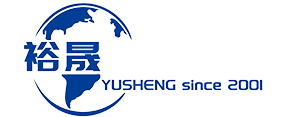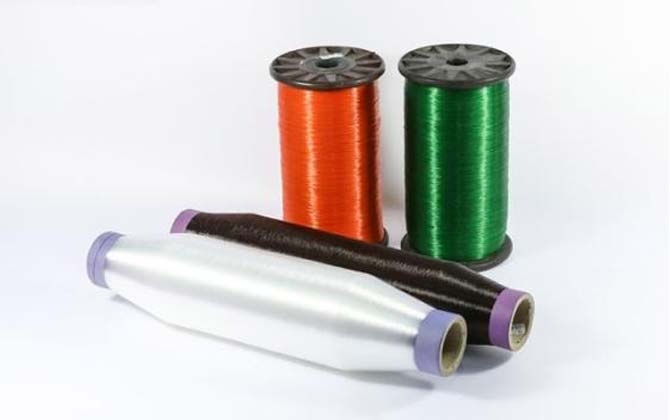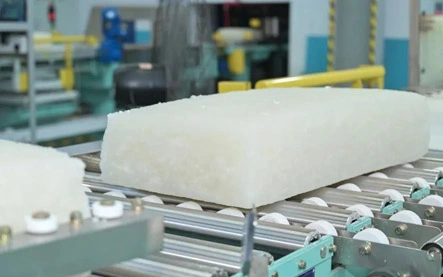

Natural and Synthetic Rubber's combination make up the core component of one tyre. The main synthetic rubber polymers used in tyre manufacturing are butadiene rubber and Styrene butadiene rubber and Butyl Rubber. They make up 24% of the tyre and are used in combination with natural rubber. Physical and chemical properties of these polymers determine the overall tyre performance such as rolling resistance and wear and traction, which are very important for tyre production.
For rubber additives used in Tyre production are mainly including: Carbon black, Silica, Rubber accelerator, Rubber antioxidant, PVI etc. For Example, Carbon blacks and Silica, can improve properties such as tear, tensile strength and abrasion. Rubber Accelerator as the chemical added into a rubber compound to increase the speed of vulcanization and to permit vulcanization to proceed at lower temperature and with greater efficiency. Rubber Antioxidants can help to keep the rubber from breaking down due to the effect of temperature and oxygen exposure. To help prevent the tyre from the effects of oxygen exposure, antioxidants are included in the core ingredients.
There are various types of Tyre Cord fabrics that reinforce the tyre, such as: polyester cord fabrics, nylon 6 and Nylon 66 cord fabrics, and Aramid cord. They provide dimensional stability and help support the vehicle weight and to form the plies that make up one tyre’s skeleton.
Steel wire, including steel cord and Bead wire, are used in the tyre belts and beads. The belts under the tread serve to improve wear performance and the handling of the tyre by stiffening the tyre casing. The bead wire locks the tyre onto the wheel.
We Value Your Privacy.
Our website uses cookies to improve your experience. By clicking "Accept All Cookies", you agree to the storing of cookies on your device to enhance site navigation, analyze site usage, and assist in our marketing efforts.
 English
English 日本語
日本語 한국어
한국어 français
français Deutsch
Deutsch Español
Español italiano
italiano русский
русский português
português العربية
العربية tiếng việt
tiếng việt







